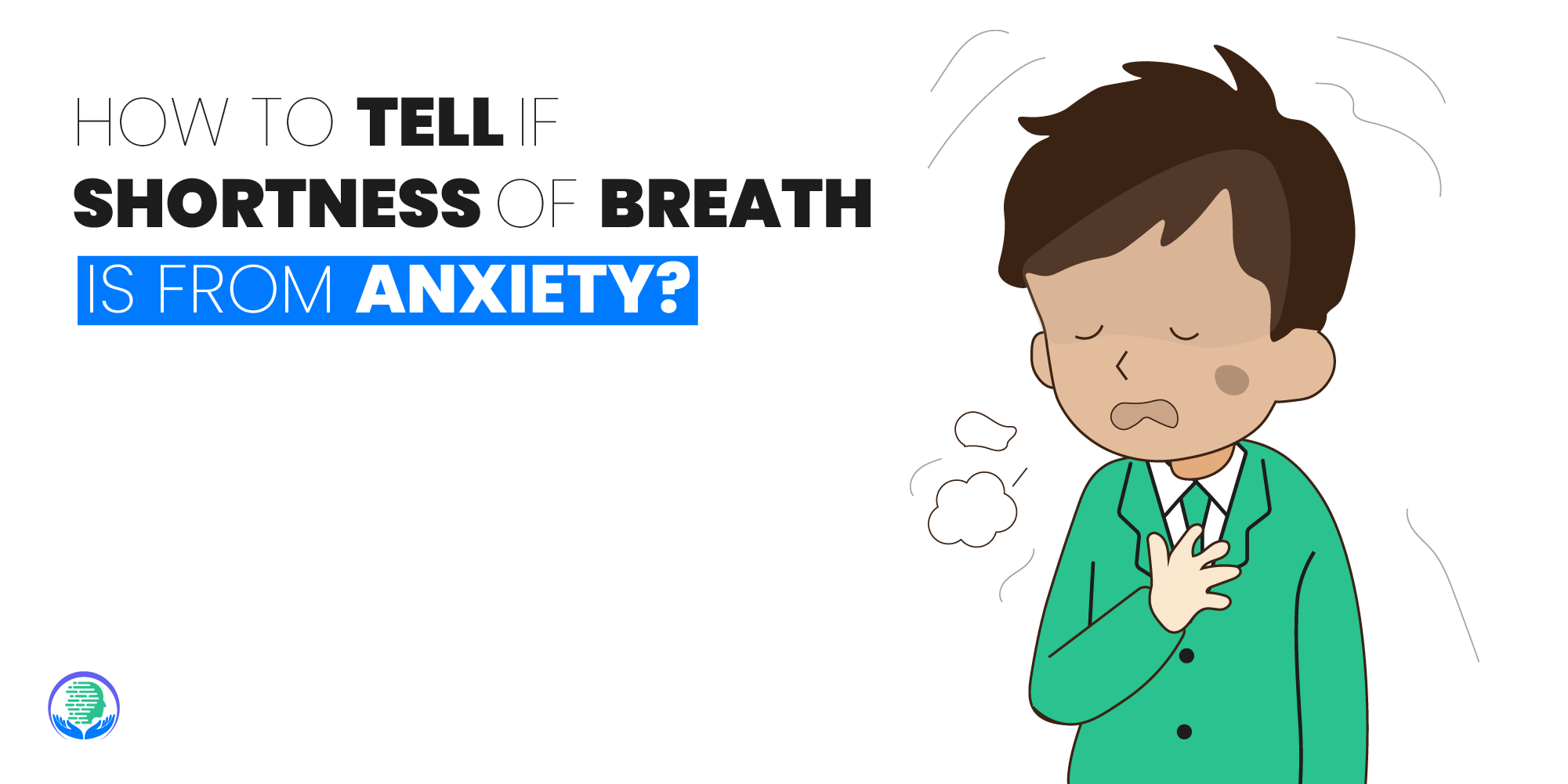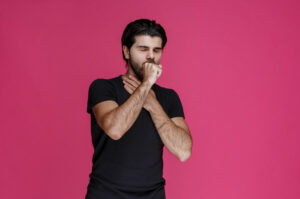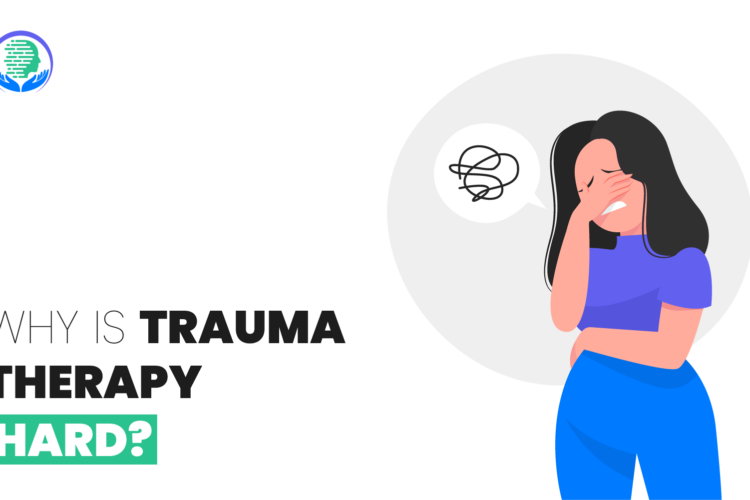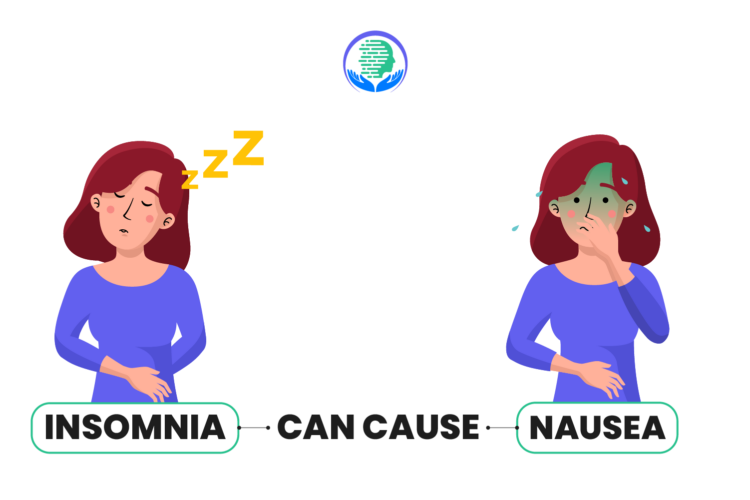
Anxiety symptoms frequently include shortness of breath.
In this post, we will look at the relationship between anxiety and shortness of breath.
We’ll also look into other possible causes of shortness of breath.
To get better treatment for anxiety, you can turn to Zion Healthcare Services.
How To Tell If Shortness of Breath Is from Anxiety
Here’s what to know.
- Rule out other possible causes of shortness of breath before assuming it’s due to anxiety.
- Shortness of breath during circumstances that trigger anxiety is likely anxiety-related.
- Shortness of breath along with other anxiety symptoms suggests an anxiety-related cause.
- If relaxation techniques relieve shortness of breath then it may be anxiety-related.
- Consult a healthcare professional for a proper diagnosis and to rule out other causes.
How To Prevent Shortness of Breath

The primary means to prevent shortness of breath and other physical signs of anxiety is to exercise techniques and learn your triggers when you’re not suffering from them.
You can also write down what feelings you’re facing while you’re experiencing them. This can aid your doctor know what’s going on.
There are numerous types of thought logs. You can even make your own by recording:
- The date
- The exact trigger (the condition or physical symptom, such as shortness of breath)
- The reflex thought (what you think will happen due to this physical symptom or state)
- How powerfully do you trust this thought (1 to 100 percent)
Consider working with a mental health expert to develop more plans.
They can help you work out negative thought patterns that happen when you’re experiencing anxiety.
For further support and assistance, you can contact us.
Overcome Shortness of Breath
- Rest in a comfortable position
- Practice deep breathing exercises
- Use relaxation techniques
- Maintain good posture
- Avoid triggers that worsen shortness of breath
- Stay hydrated
- Follow the treatment plan for underlying medical issues
Additional Resources:
Seek Professional Help
If you observe shortness of breath steadily or when separate from anxiety, see your doctor.
Seek emergency medical care if you experience symptoms of a heart attack, including:
- Stiffness or pain in the chest, neck, jaw, back, or arms
- Fatigue
- Lightheadedness, biliousness, or vomiting
- Discomfort in your arm or shoulder
- Sweating more than usual without a logical reason
Conclusion
It’s vital to remember that anxiety attacks can’t be fatal.
You won’t smother, won’t stop breathing, and won’t die from an anxiety attack. An anxiety or panic attack won’t turn into a heart attack, either.
If you’re concerned about your physical health, seek medical attention.
Once you’ve been cleared of any physical details for your shortness of breath, hold onto that report of good health as a notice if you find yourself having an anxious moment.
See a mental health expert for further help and support with coping techniques.
To know more about anxiety and how it is treated in a better way, you may visit us at Zion Healthcare Services PLLC.
FAQs
What does shortness of breath from anxiety feel like?
Your body reacts physically and mentally to prepare you to fight or flee a dangerous situation. Shortness of breath is one of these responses.
You may experience shortness of breath, chest tightness, suffocation, or a need for fresh air.
How do I stop anxiety from holding my breath?
- Take slow, deep breaths in through your nose. Expand your diaphragm and then exhale slowly through your mouth.
- Pay attention to the sensations of breathing like the rise and fall of your belly or the feeling of air entering and leaving your nostrils.
How long does anxiety breathlessness last?
If you’re experiencing shortness of breath, it may be your body’s natural response to stress.
Everyone’s anxiety manifests differently.
Your shortness of breath may come through with waves of intense fear, lasting anywhere from 10 to 30 minutes. It can also cycle on and off over the course of the day.
What is the fear of breathing called?
People with claustrophobia naturally experience an intense fear of suffocation or restriction and wish to escape.


